The Science Behind Composting Machines: Improving Fertilizer Stability and Effectiveness
With the growing demand for fertilizers in agricultural production, the quality and environmental impact of fertilizers has become an important issue in modern agricultural development. The use of traditional fertilizers often brings environmental problems such as soil pollution and water eutrophication, while the use of high-quality, organic fertilizers has become the key to promoting sustainable agricultural development. In recent years, the application of fermentation technology in the production of fertilizers has been gradually emphasized, especially the use of composting machines, which has become an effective means to improve the quality of fertilizers and optimize the formulation of fertilizers.
Composting machines can not only efficiently promote the fermentation and decomposition of organic substances, but also improve the release rate of nutrients in fertilizers, improve soil structure, and reduce the residual of harmful substances. In this paper, we will discuss the advantages of composting machine in improving the quality of fertilizer and its application prospects.
1. The working principle of the composting machine
Composting machine is a kind of equipment specialized in controlling the fermentation process of organic matter, usually composed of temperature control system, humidity control system, ventilation system and so on. Through precise control of temperature, humidity, air flow and other parameters, the composting machine can provide the best growth environment for microorganisms, thus accelerating the decomposition process of organic matter.
In fertilizer production, the main role of the composting machine is to convert organic waste into organic fertilizer through the role of microorganisms. During the fermentation process, microorganisms decompose these organic materials into absorbable nutrients, and through a series of biochemical reactions to produce stable, harmless organic fertilizer.
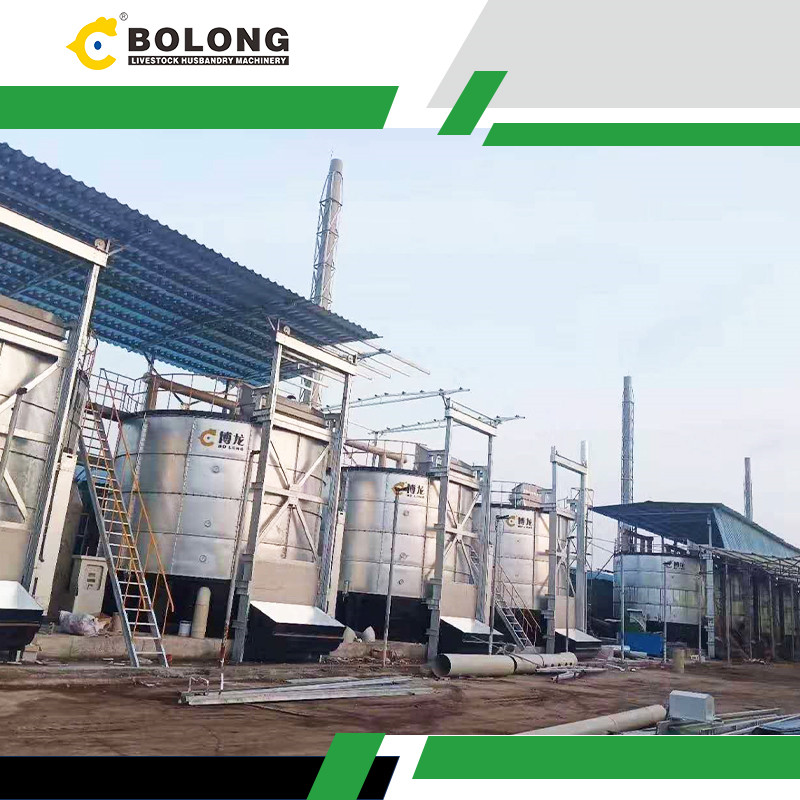
2. The advantages of composting machine in improving the quality of fertilizer
① Advantage of composting machine: improve fertilizer nutrients
Composting machine optimizes the fermentation process of organic matter by controlling the conditions of temperature, humidity and oxygen. During the fermentation process, nitrogen, phosphorus, potassium and other elements in organic waste are effectively converted by microorganisms into nutrients that can be absorbed by plants. Compared with traditional composting or open-pile fermentation, the composting machine can more accurately control the fermentation conditions, so that the decomposition of organic waste is more thorough.
② Composting machine advantage: balanced and efficient release of nutrients
For example, after the fermentation of organic fertilizers in the nitrogen, phosphorus, potassium content is generally higher, and the release of these nutrients at a moderate rate to meet the needs of the plant, to avoid the use of traditional fertilizers in the process of common “burning seedlings” phenomenon. In addition, harmful substances are eliminated during the fermentation process, thus improving the safety and stability of fertilizers.
③Advantage of composting machine: improve of soil structure
Organic fertilizers produced in composting machines not only provide the nutrients needed by plants, but also improve the physical, chemical and biological properties of the soil. By replenishing organic matter, organic fertilizers can increase the organic carbon content of the soil, improve the soil’s granular structure, and enhance the soil’s permeability and water retention capacity. These ameliorative effects help improve soil fertility and make the soil more suitable for plant growth.
In addition, the microbial community during the fermentation process can leave beneficial bacterial species in the fertilizer, and these microorganisms can further activate the soil ecology and promote the diversity and healthy development of the soil microbial community. The rich microorganisms in the soil can help decompose organic matter and increase the effectiveness of nutrients, while reducing the propagation of pathogenic bacteria and the occurrence of diseases.
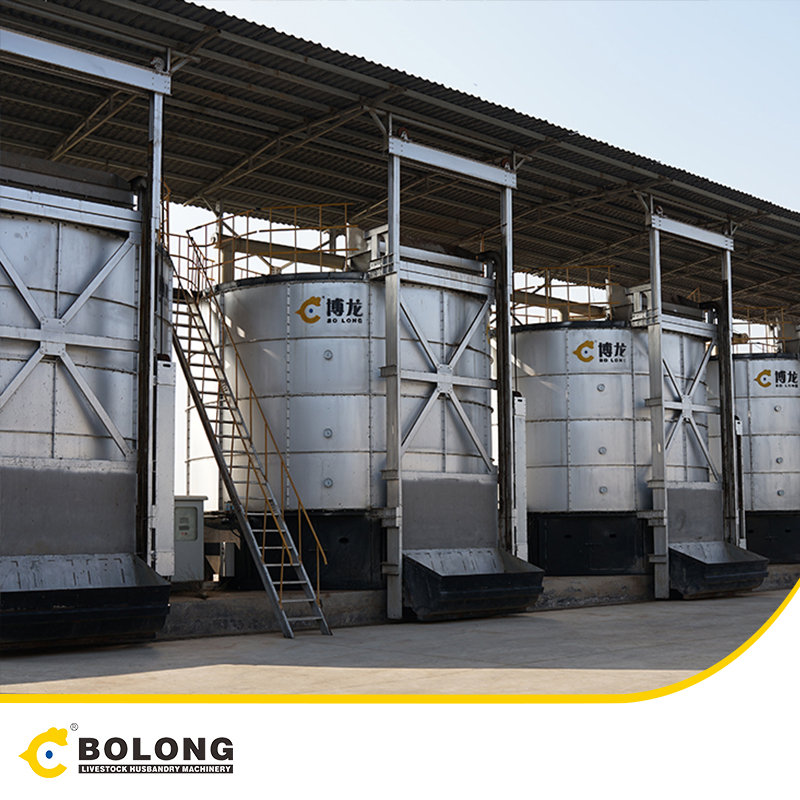
④ Advantage of composting machine: reduce harmful substances of fertilizers
Conventional fertilizers may contain excessive harmful substances, such as heavy metals, pathogenic bacteria and chemical residues, which may pose a threat to plants, soil and even human health. And through the controlled fermentation process in the composting machine, the harmful components in the fertilizer can be decomposed or removed in a relatively short period of time. For example, high temperature kills most of the harmful microorganisms and pathogenic bacteria during the fermentation process, which reduces the survival and reproduction of harmful strains, thus improving the safety of the fertilizer.
In addition, the precise control of the composting machine allows some harmful substances, such as heavy metals and pesticide residues, to be effectively decomposed or transformed in the early stages of fermentation, reducing their potential risk to the environment and human health.
⑤ Advantage of composting machine: improve the stability of fertilizer
Fermented organic fertilizers have better stability, longer storage period, and are less likely to deteriorate. Compared with traditional fertilizers, organic fertilizers produced in composting machines are usually more homogeneous and stable in composition, without the phenomenon of “outbreak” of fertilizers, which can provide a more stable supply of nutrients, avoiding possible wastage of fertilizers in the process of fertilizer application.
Organic fertilizers in composting machines are usually in granular or powder form, making them easy to store and transport, which not only reduces logistics costs, but also improves the convenience of fertilizer application. What’s more, fertilizers produced in composting machines are less harmful to plants when applied and have a longer-lasting fertilizer effect, providing long-term, stable nutrient support for crops.
⑥Advantages of composting machines: promote the utilization of wastes
The use of composting machines can convert agricultural waste, animal manure and other organic waste into high-quality organic fertilizer, to achieve the reuse of resources. This not only solves the problem of waste disposal in the agricultural production process, but also effectively reduces environmental pollution. For example, straw, farm residues, etc. through fermentation into organic fertilizer, not only to avoid the burning of these wastes on the air pollution, but also to reduce the use of chemical fertilizers in the soil, promoting the green development of agriculture.
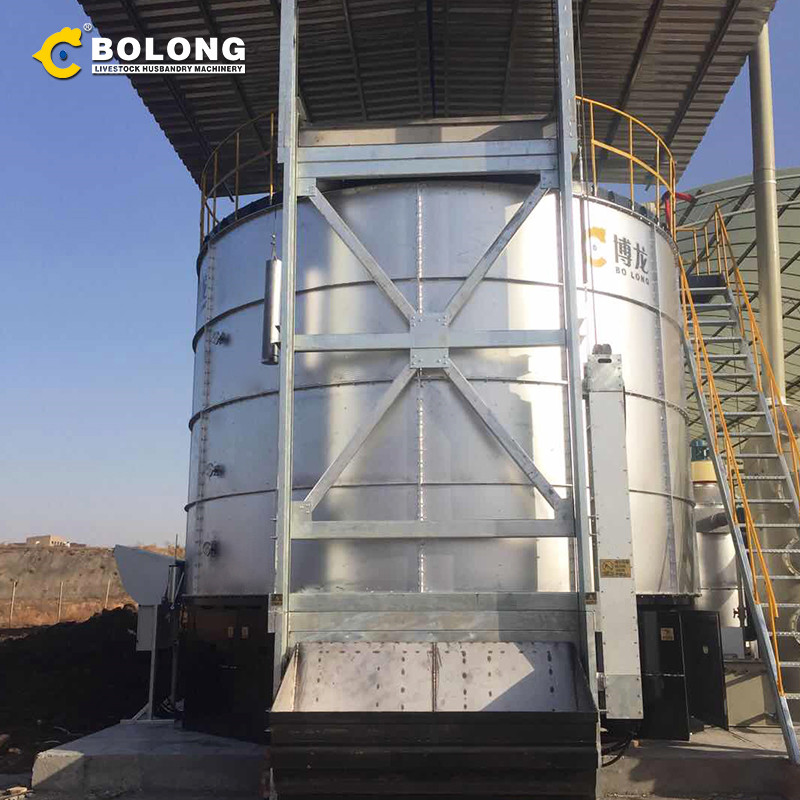
3. Conclusion
As an advanced fertilizer production equipment, the composting machine improves the quality and safety of fertilizer by precisely controlling the fermentation process. It can not only improve the nutrient content and release efficiency of fertilizer, but also improve the soil structure and promote the healthy development of soil microbial community. In addition, the composting machine is able to reduce the harmful substances in the fertilizer and enhance the stability and use of the fertilizer.
With the improvement of environmental awareness and the development of sustainable agriculture, the advantages of composting machines in improving the quality of fertilizers will be increasingly valued, and will certainly play a more important role in global agricultural production in the future. Through the application of composting machines, agricultural waste can be effectively dealt with, soil quality has been improved, the production of fertilizers is more green and environmentally friendly, and contribute to the realization of sustainable
-
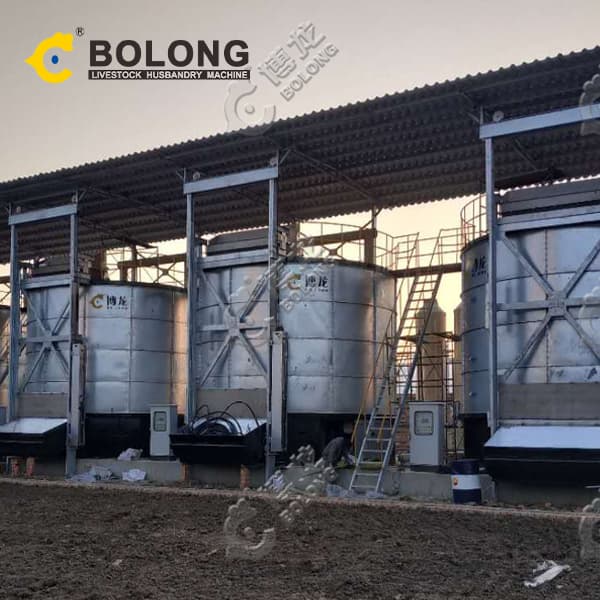 innovative animal dung composting tank24-08-31Sustainability | Free Full-Text | Optimization and Experiment Jul 21, 2023 · As livestock and poultry farming expands in China, the generation of fecal waste has significantly increased. Inadequ...
innovative animal dung composting tank24-08-31Sustainability | Free Full-Text | Optimization and Experiment Jul 21, 2023 · As livestock and poultry farming expands in China, the generation of fecal waste has significantly increased. Inadequ... -
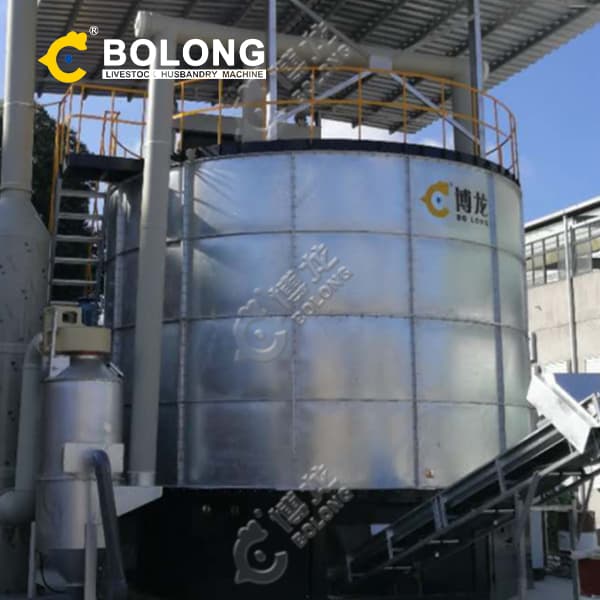 high-quality organic fertilizer composting system24-08-31Compost 101: A Beginner’s Guide to Organic Composting Dec 13, 2023 · Discover the essentials of organic composting with our comprehensive beginner's guide. Learn how to transform kitchen and gard...
high-quality organic fertilizer composting system24-08-31Compost 101: A Beginner’s Guide to Organic Composting Dec 13, 2023 · Discover the essentials of organic composting with our comprehensive beginner's guide. Learn how to transform kitchen and gard... -
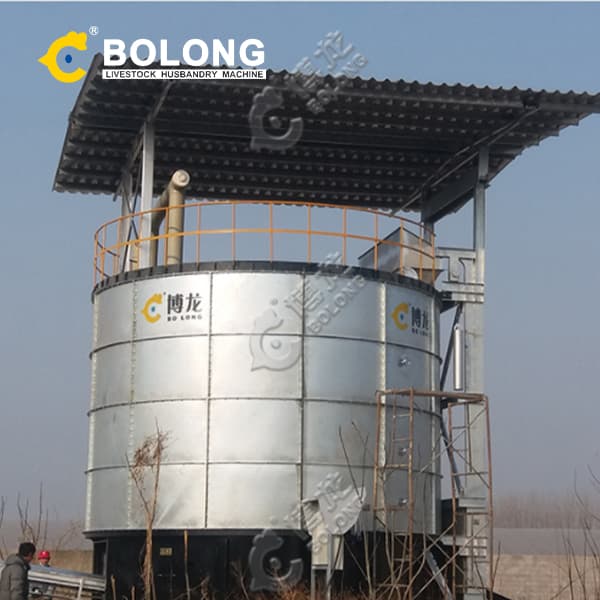 reliable chicken dung compost vessel24-08-31Chicken Manure Compost in Just 18 Days - Salt in my Coffee Jul 2, 2024 · That happens to be the perfect balance for a good hot compost pile. And from what I could see, the deep layers of pine sha...
reliable chicken dung compost vessel24-08-31Chicken Manure Compost in Just 18 Days - Salt in my Coffee Jul 2, 2024 · That happens to be the perfect balance for a good hot compost pile. And from what I could see, the deep layers of pine sha... -
 large scale poultry manure compost tank24-08-31easy operated large scale composting-Fermentation Control 2024/5/1/ · The activities of CMCase, β-Gase and FPase were detected at 0.365 U/g, 0.115 U/g and 0.096 U/g on day 0 of composting. As sho...
large scale poultry manure compost tank24-08-31easy operated large scale composting-Fermentation Control 2024/5/1/ · The activities of CMCase, β-Gase and FPase were detected at 0.365 U/g, 0.115 U/g and 0.096 U/g on day 0 of composting. As sho...